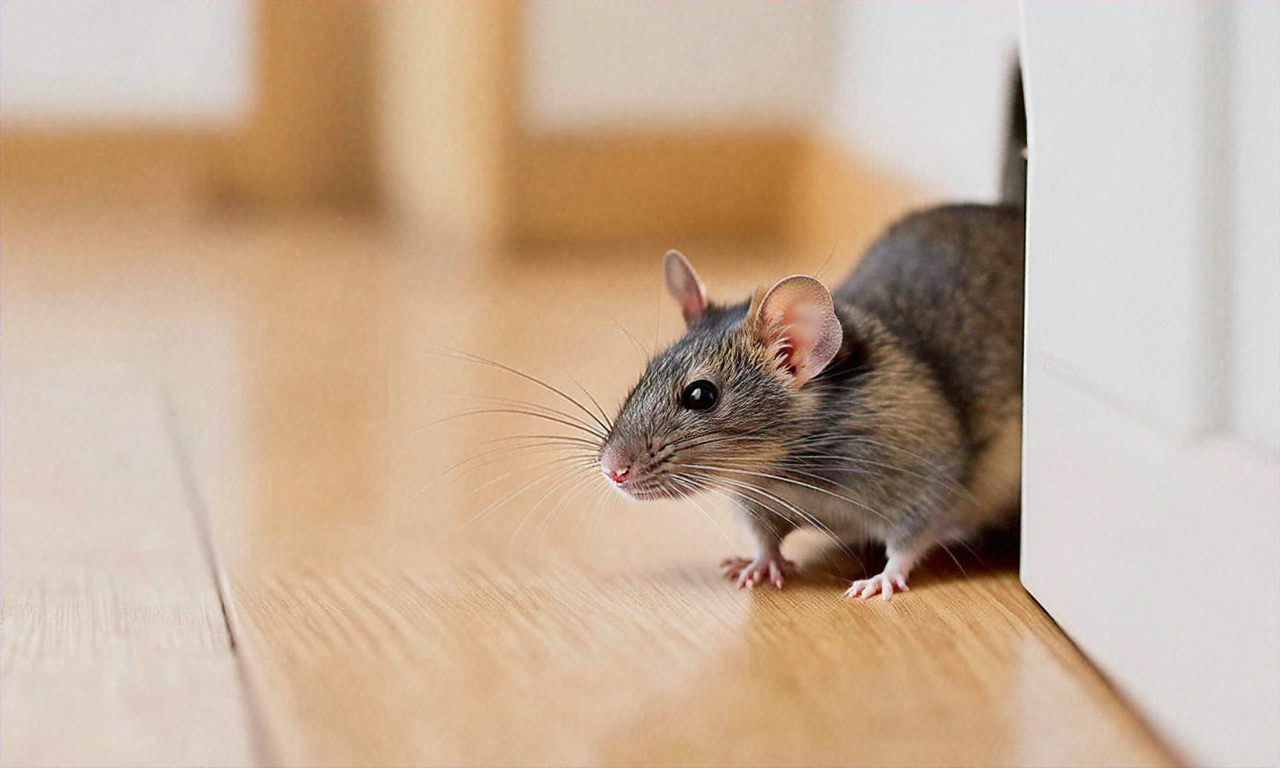Safeguarding Your Home: Expert Strategies for Pest Management
Discover comprehensive approaches to protect your living space from unwelcome critters. This guide delves into identifying common household pests, implementing effective prevention techniques, and knowing when to call in the professionals. Learn how to create a pest-free environment, understand extermination methods, and make informed decisions about pest control services to ensure a healthy, comfortable home.

Maintaining a pest-free home is crucial for both comfort and health. Let’s explore the world of pest control, focusing on prevention, identification, and professional solutions.
Common Household Pests
Understanding the types of pests that can invade your home is the first step in effective management:
- Ants: These social insects can quickly establish colonies in and around your home.
- Cockroaches: Resilient and adaptable, they pose significant health risks.
- Rodents: Mice and rats can cause structural damage and spread diseases.
- Termites: Silent destroyers that compromise your home’s integrity.
- Bed bugs: Persistent parasites that disrupt sleep and comfort.
- Spiders: While generally beneficial, some species can be dangerous.
- Flies: Disease carriers that contaminate food and surfaces.
Accurate pest identification is crucial for implementing targeted control measures.
Preventing Pest Infestations
Proactive prevention is key to maintaining a pest-free environment:
- Fortify your home’s exterior by sealing cracks, gaps, and potential entry points.
- Maintain impeccable cleanliness, especially in food preparation and storage areas.
- Store food in airtight containers and dispose of waste promptly.
- Address moisture issues by fixing leaks and improving ventilation.
- Keep vegetation trimmed away from your home’s exterior.
- Conduct regular inspections, particularly in dark, damp areas.
- Utilize natural deterrents like essential oils or pest-repelling plants.
These preventive strategies create an inhospitable environment for pests, reducing the likelihood of infestations.
When to Seek Professional Help
While DIY methods can address minor issues, certain situations warrant professional intervention:
- Recurring infestations despite personal efforts
- Widespread pest problems throughout your home
- Presence of dangerous or venomous pests
- Infestations of wood-destroying insects like termites
- Pest-related health concerns for household members
- Desire for ongoing preventive treatments
Professional exterminators possess specialized knowledge, tools, and products to effectively manage severe or persistent infestations.
Professional Extermination Methods
Pest control experts employ various techniques to eliminate and prevent infestations:
- Integrated Pest Management (IPM): A holistic approach combining multiple strategies
- Targeted chemical treatments using specific pesticides
- Strategic baiting systems to attract and eliminate pests
- Exclusion techniques to prevent future pest entry
- Biological control using natural predators or pathogens
- Heat treatments, particularly effective for bed bugs
- Fumigation for severe, widespread infestations
Exterminators assess each situation to determine the most appropriate and effective treatment plan.
Cost Considerations for Professional Pest Control
Pest control service costs vary based on factors such as pest type, infestation severity, property size, and location. Here’s a general pricing overview:
Service Type | Average Cost Range | Frequency One-time treatment | $250 - $600 | As needed Monthly service | $40 - $70 | Monthly Quarterly service | $100 - $300 | Every 3 months Annual contract | $300 - $550 | Yearly —
Note: These estimates are subject to change and may vary by region. Specialized treatments for pests like termites or bed bugs often incur higher costs due to extensive labor and materials required.
Selecting the Right Pest Control Provider
Choosing a reputable pest control company ensures effective and safe pest management:
- Research local companies and read customer reviews
- Verify proper licensing, insurance, and industry certifications
- Request a thorough property inspection before accepting a quote
- Inquire about their pest control methodologies, favoring IPM approaches
- Obtain and compare multiple service quotes
- Ask about service guarantees or warranties
- Discuss safety protocols for family members and pets during treatments
By carefully selecting a professional service and implementing preventive measures, you can effectively safeguard your home against pest invasions and maintain a healthy living environment.
Remember, successful pest control is an ongoing process that combines vigilance, prevention, and professional expertise when needed. With the right approach, you can enjoy a pest-free home and peace of mind.






